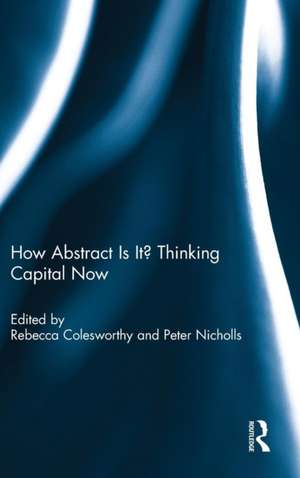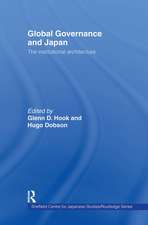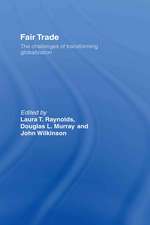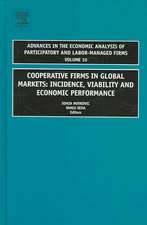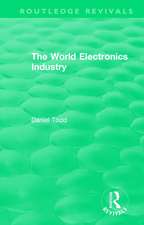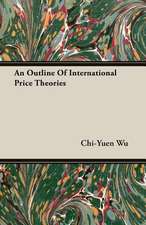How Abstract Is It? Thinking Capital Now
Editat de Rebecca Colesworthy, Peter Nichollsen Limba Engleză Hardback – 19 oct 2015
| Toate formatele și edițiile | Preț | Express |
|---|---|---|
| Paperback (1) | 323.23 lei 6-8 săpt. | |
| Taylor & Francis – 16 iun 2017 | 323.23 lei 6-8 săpt. | |
| Hardback (1) | 696.55 lei 6-8 săpt. | |
| Taylor & Francis – 19 oct 2015 | 696.55 lei 6-8 săpt. |
Preț: 696.55 lei
Preț vechi: 819.47 lei
-15% Nou
Puncte Express: 1045
Preț estimativ în valută:
133.30€ • 137.71$ • 110.94£
133.30€ • 137.71$ • 110.94£
Carte tipărită la comandă
Livrare economică 26 martie-09 aprilie
Preluare comenzi: 021 569.72.76
Specificații
ISBN-13: 9781138946675
ISBN-10: 1138946672
Pagini: 184
Dimensiuni: 156 x 234 x 13 mm
Greutate: 0.41 kg
Ediția:1
Editura: Taylor & Francis
Colecția Routledge
Locul publicării:Oxford, United Kingdom
ISBN-10: 1138946672
Pagini: 184
Dimensiuni: 156 x 234 x 13 mm
Greutate: 0.41 kg
Ediția:1
Editura: Taylor & Francis
Colecția Routledge
Locul publicării:Oxford, United Kingdom
Public țintă
Postgraduate and UndergraduateCuprins
Introduction: Capital’s abstractions 1. ‘Paradise falls: a land lost in time’: representing credit, debt and work after the crisis 2. To think without abstraction: on the problem of standpoint in cultural criticism 3. Materialism without matter: abstraction, absence and social form 4a. An exchange with Susan Stewart 4b. Abstraction set 5. From capitalist to communist abstraction: The Pale King’s cultural fix 6. The bodies in the bubble: David Foster Wallace’s The Pale King 7. Shareholder existence: on the turn to numbers in recent French theory
Descriere
Since the start of the financial crisis in 2008, the notion that capitalism has become too abstract for all but the most rarefied specialists to understand has been widely presupposed. How Abstract Is It? Thinking Capital Now provides an indispensable counterpoint to the "economic turn" in the humanities, bringing together leading literary and cultural critics to reconsider the question of abstraction - an issue at the heart of the recent financial crisis, yet seldom addressed directly in the wealth of criticism to which it has given rise. This book was originally published as a special issue of Textual Practice.
